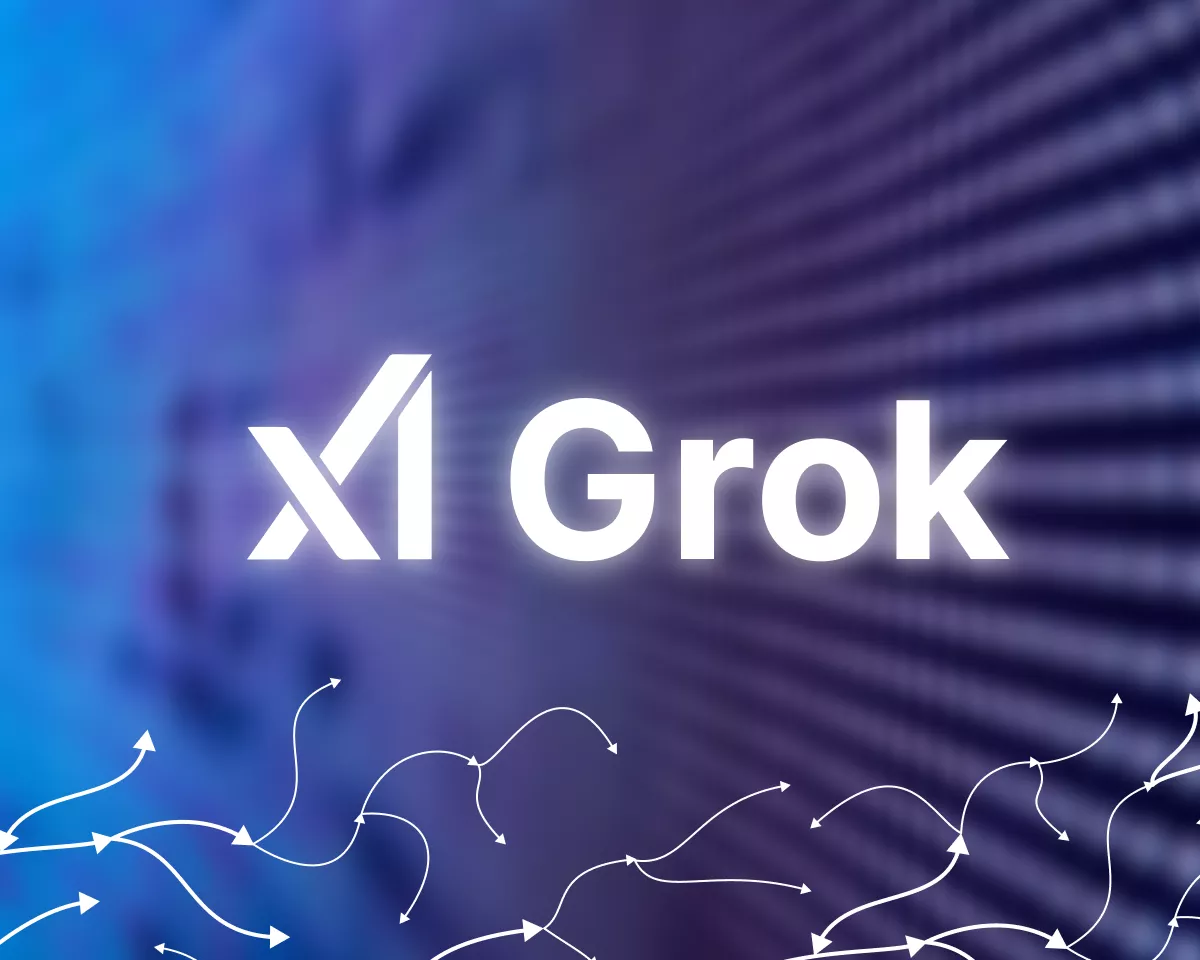
The Industrial and Commercial Bank of China (ICBC), the world’s biggest lender, recently published a report highlighting the potential of Bitcoin (BTC) and Ethereum (ETH).
The report notably refers to Ethereum as “digital oil,” emphasizing its crucial role in the evolving digital economy.
This endorsement by such a prominent financial institution underscores Ethereum’s growing importance and potential for future technological advancements.
ICBC report emphasizes Ethereum’s vital role
In a report widely circulated by Matthew Sigel, Head of Digital Assets Research at asset manager VanEck, ICBC acknowledges the potential of various digital currencies, including BTC, ETH, stablecoins, and central bank digital currencies (CBDCs).
The report praises Ethereum for its continuous security, scalability, and sustainability upgrades, positioning it as a key player in the digital future.
The report highlights Ethereum’s unique advantage of introducing Turing completeness through its Solidity programming language and Ethereum Virtual Machine (EVM). This capability enables the creation of complex smart contracts and applications.
Its flexibility has been widely recognized in the fields of decentralized finance (DeFi) and non-fungible tokens (NFTs) and is gradually extending to the physical infrastructure network (DePin).
However, ICBC also points out the challenges that come with Ethereum’s flexibility. The ability to execute arbitrary code, including potentially malicious code, presents security concerns.
Additionally, the complexity of smart contracts can lead to vulnerabilities, complicating security audits. Scalability is another issue, as the computational demands of smart contracts can cause network congestion and increase transaction fees.
Despite these challenges, ICBC recognizes the ongoing efforts by developers to achieve technological breakthroughs.
Bitcoin’s enduring appeal
The report compares Bitcoin to gold, highlighting its scarcity achieved through a mathematical consensus mechanism.
ICBC notes that Bitcoin has resolved issues related to divisibility, authenticity verification, and portability, solidifying its status as a digital asset despite its diminishing monetary attributes.
The bank emphasizes that Bitcoin’s ability to retain gold-like scarcity and serve as a reliable store of value makes it a significant player in the digital currency market. This recognition of Bitcoin’s enduring appeal underlines its foundational role in the broader cryptocurrency ecosystem.
Innovations in stablecoins and CBDCs
The ICBC report also underscores the crucial role of stablecoins and CBDCs in bridging the gap between digital currencies and the real world. Stablecoins, which peg their value to traditional assets like fiat currencies, offer stability in the volatile crypto market.
ICBC highlights that stablecoins facilitate seamless transactions and provide a reliable store of value, making them essential for everyday financial activities and integrating digital currencies into the global financial system.
Furthermore, the report recognizes the innovative potential of CBDCs in the modern monetary system. By digitizing fiat currencies, central banks can improve payment system efficiency, reduce transaction costs, and enhance the effectiveness of monetary policy.
CBDCs can streamline cross-border transactions, reduce reliance on intermediaries, and offer greater financial inclusion by providing access to digital financial services for unbanked populations.
However, the development and implementation of CBDC infrastructure require careful consideration of privacy, security, and regulatory implications to ensure their success and widespread adoption.
Outlook for digital currencies
The ICBC report concludes that while the development vision for each digital currency varies, all aim to enhance financial inclusion, security, and payment efficiency.
As digital currencies continue to evolve, developers and policymakers must focus on balancing sustainability, security, and efficiency.
For Ethereum, ongoing upgrades such as the introduction of the Proof of Stake (POS) consensus mechanism and sharding technology in Ethereum 2.0 aim to enhance network throughput and sustainability.
Additionally, Layer 2 solutions like state channels, side chains, and rollups are being explored to improve scalability.
The report’s acknowledgment of these efforts highlights the dynamic and rapidly evolving nature of the digital currency landscape.
As technologies and strategies develop, the roles of Bitcoin, Ethereum, and other digital currencies in the global financial system will likely continue to expand and transform.
The endorsement from ICBC, a leading financial institution, serves as a significant recognition of the potential and importance of digital currencies in shaping the future of finance and technology.
The post World's biggest bank ICBC dubs Ethereum (ETH) as 'digital oil' appeared first on Invezz















 English (US) ·
English (US) ·